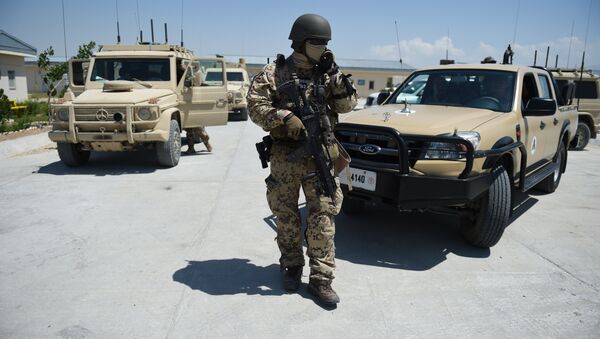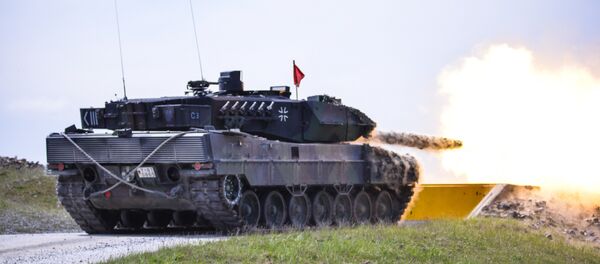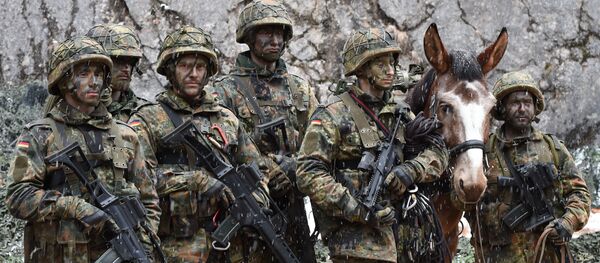The army maintains that the CNO only carry out cyber-attacks and counter-attacks in laboratory conditions. However, the force actually carried out its first hack last year in an operation to free a German hostage, sources told German magazine Der Spiegel.
On August 17, 2015, a 55-year-old German aid worker called Kathe B was kidnapped by armed gunmen from outside the office of Germany's GIZ government aid agency in the Afghan capital Kabul.
After weeks of negotiations with intermediaries, the German military established contact with the kidnappers.
The kidnappers demanded a ransom for the safe release of Kathe B. The Germans agreed to pay the ransom, but were unsure whether the kidnappers would keep to their side of the agreement.
The Bundeswehr send a group of its Special Forces Command (KSK), Germany's elite unit of special forces, to Kabul. If necessary, the KSK were to launch an operation to free Kathe B by force, if the negotiations failed.
However, special forces operations are generally considered to be very risky, and the Bundeswehr approached its CNO to see if it could help.
The CNO was tasked with finding out as much information as possible about the mobile phones used by the kidnappers.
The CNO needed to find out if the kidnappers were indeed keeping Kathe B hostage in Kabul, like they claimed, and if they were on the move at the time when they were supposed to arrive at the meeting point.
"The CNO unit found a solution: Using a mobile phone from an Afghan mobile phone operator available on the internet, they hacked into the provider's system. Shortly after, they hacked into the GPS information on the kidnappers' phones. The kidnappers' movements were more or less followed live," Der Spiegel reported.
The German Ministry of Defense declined to comment on the revelation and told Der Spiegel that CNO operations remain a secret. Despite some opposition from legal experts, it considers the operation to be lawful because of the Bundeswehr mandate to allow the use of all military resources for the rescue and protection of Germans in Afghanistan.
Afghanistan is one of the world's most dangerous countries for aid workers. According to the Aid Worker Security Database, in 2014 there were 54 reported incidents of attacks on aid workers in the country. Last year there were 27, a number exceeded only in South Sudan.
Two months before the kidnapping of Kathe B, a Dutch aid worker was also abducted in Kabul, and set free after weeks of negotiations. The day before she was freed, the Taliban announced the capture of another GIZ aid worker in the northern city of Kunduz.
The German Bundeswehr first sent troops to Afghanistan in January 2002, taking part in NATO's International Security Assistance Force (ISAF) security operation. Since then over 5,000 German soldiers participated in ISAF, and around 900 remain in Afghanistan today, taking part in the follow-up "Resolute Support" operation which began in January 2015.






